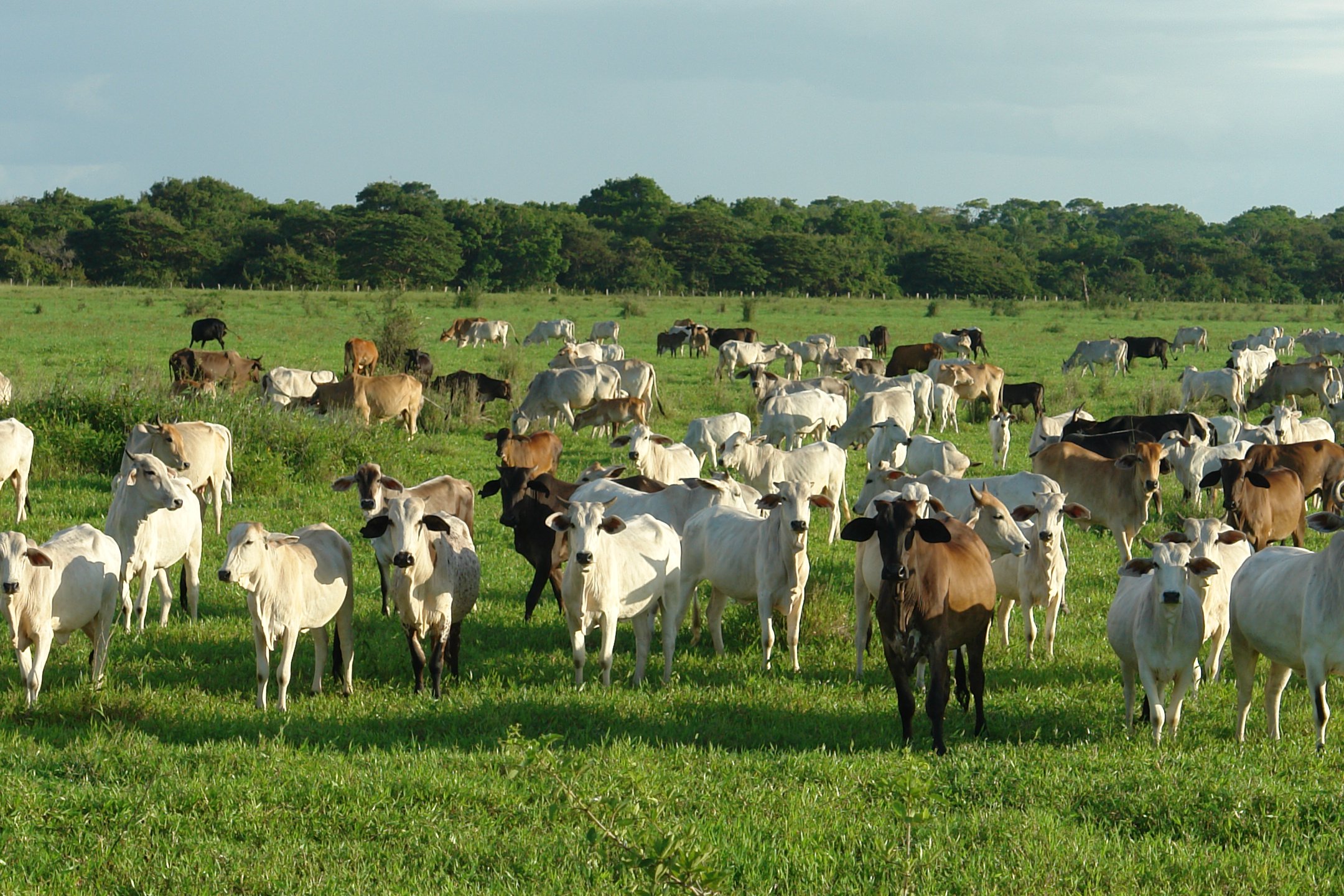1
ヤコブはその旅を続けて東の民の地へ行った。
2
見ると野に一つの井戸があって、そのかたわらに羊の三つの群れが伏していた。人々はその井戸から群れに水を飲ませるのであったが、井戸の口には大きな石があった。
3
群れが皆そこに集まると、人々は井戸の口から石をころがして羊に水を飲ませ、その石をまた井戸の口の元のところに返しておくのである。
4
ヤコブは人々に言った、「兄弟たちよ、あなたがたはどこからこられたのですか」。彼らは言った、「わたしたちはハランからです」。
5
ヤコブは彼らに言った、「あなたがたはナホルの子ラバンを知っていますか」。彼らは言った、「知っています」。
6
ヤコブはまた彼らに言った、「彼は無事ですか」。彼らは言った、「無事です。御覧なさい。彼の娘ラケルはいま羊と一緒にここへきます」。
7
ヤコブは言った、「日はまだ高いし、家畜を集める時でもない。あなたがたは羊に水を飲ませてから、また行って飼いなさい」。
8
彼らは言った、「わたしたちはそれはできないのです。群れがみな集まった上で、井戸の口から石をころがし、それから羊に水を飲ませるのです」。
9
ヤコブがなお彼らと語っている時に、ラケルは父の羊と一緒にきた。彼女は羊を飼っていたからである。
10
ヤコブは母の兄ラバンの娘ラケルと母の兄ラバンの羊とを見た。そしてヤコブは進み寄って井戸の口から石をころがし、母の兄ラバンの羊に水を飲ませた。
11
ヤコブはラケルに口づけし、声をあげて泣いた。
12
ヤコブはラケルに、自分がラケルの父のおいであり、リベカの子であることを告げたので、彼女は走って行って父に話した。
13
ラバンは妹の子ヤコブがきたという知らせを聞くとすぐ、走って行ってヤコブを迎え、これを抱いて口づけし、家に連れてきた。そこでヤコブはすべての事をラバンに話した。
14
ラバンは彼に言った、「あなたはほんとうにわたしの骨肉です」。ヤコブは一か月の間彼と共にいた。
15
時にラバンはヤコブに言った、「あなたはわたしのおいだからといって、ただでわたしのために働くこともないでしょう。どんな報酬を望みますか、わたしに言ってください」。
16
さてラバンにはふたりの娘があった。姉の名はレアといい、妹の名はラケルといった。
18
ヤコブはラケルを愛したので、「わたしは、あなたの妹娘ラケルのために七年あなたに仕えましょう」と言った。
19
ラバンは言った、「彼女を他人にやるよりもあなたにやる方がよい。わたしと一緒にいなさい」。
20
こうして、ヤコブは七年の間ラケルのために働いたが、彼女を愛したので、ただ数日のように思われた。
21
ヤコブはラバンに言った、「期日が満ちたから、わたしの妻を与えて、妻の所にはいらせてください」。
22
そこでラバンはその所の人々をみな集めて、ふるまいを設けた。
23
夕暮となったとき、娘レアをヤコブのもとに連れてきたので、ヤコブは彼女の所にはいった。
24
ラバンはまた自分のつかえめジルパを娘レアにつかえめとして与えた。
25
朝になって、見ると、それはレアであったので、ヤコブはラバンに言った、「あなたはどうしてこんな事をわたしにされたのですか。わたしはラケルのために働いたのではありませんか。どうしてあなたはわたしを欺いたのですか」。
26
ラバンは言った、「妹を姉より先にとつがせる事はわれわれの国ではしません。
27
まずこの娘のために一週間を過ごしなさい。そうすればあの娘もあなたにあげよう。あなたは、そのため更に七年わたしに仕えなければならない」。
28
ヤコブはそのとおりにして、その一週間が終ったので、ラバンは娘ラケルをも妻として彼に与えた。
29
ラバンはまた自分のつかえめビルハを娘ラケルにつかえめとして与えた。
30
ヤコブはまたラケルの所にはいった。彼はレアよりもラケルを愛して、更に七年ラバンに仕えた。
31
主はレアがきらわれるのを見て、その胎を開かれたが、ラケルは、みごもらなかった。
32
レアは、みごもって子を産み、名をルベンと名づけて、言った、「主がわたしの悩みを顧みられたから、今は夫もわたしを愛するだろう」。
33
彼女はまた、みごもって子を産み、「主はわたしが嫌われるのをお聞きになって、わたしにこの子をも賜わった」と言って、名をシメオンと名づけた。
34
彼女はまた、みごもって子を産み、「わたしは彼に三人の子を産んだから、こんどこそは夫もわたしに親しむだろう」と言って、名をレビと名づけた。
35
彼女はまた、みごもって子を産み、「わたしは今、主をほめたたえる」と言って名をユダと名づけた。そこで彼女の、子を産むことはやんだ。







